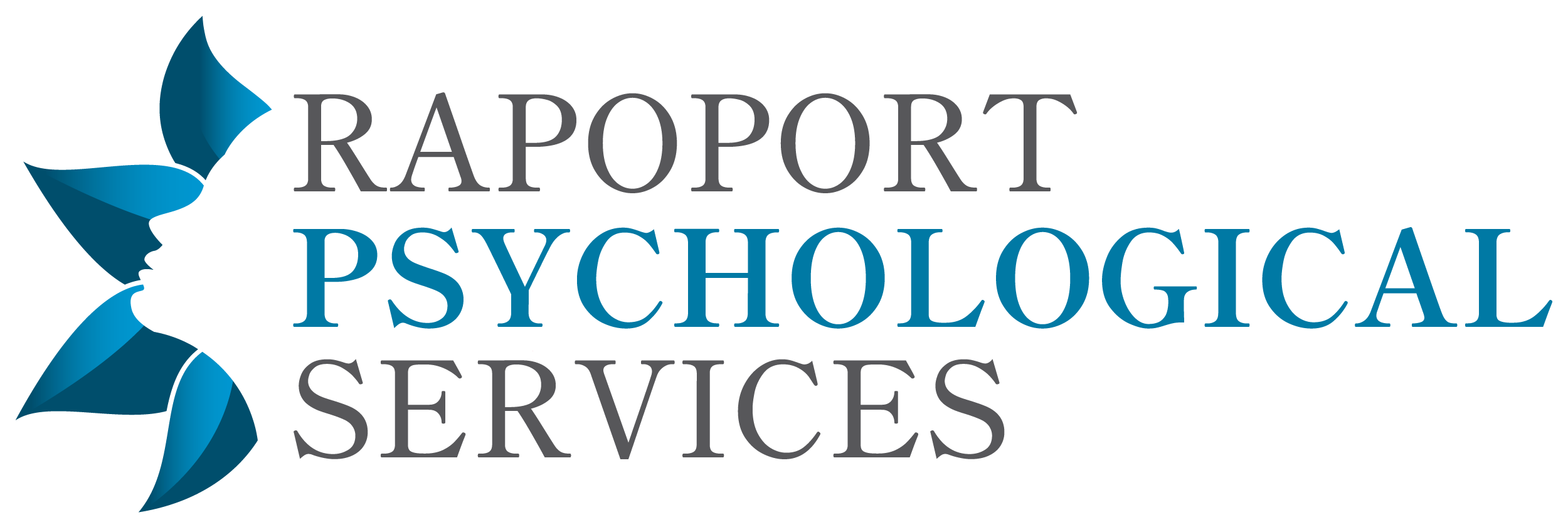National Eating Disorder Awareness Week is February 27 - March 5th: Here’s How You Can Raise Awareness & Find Support
According to the National Eating Disorders Association, there are three specific goals in mind when recognizing and advocating for a National Awareness Week specific to Eating Disorders: 1). To educate the general public on eating disorders, 2). To share a hopeful message and encourage others to share their stories, and 3). To allow those who need treatment to gain access to necessary resources and coping mechanisms. In the United States, eating disorders are the second most fatal mental illness, surpassed only by opioid use disorder, according to NEDA. This is why raising awareness and educating ourselves and others about the dangers and causes of disordered eating is imperative. We’ve put together a list of how you can observe this week, and where to find support if you are struggling with an eating disorder, such as Anorexia Nervosa or any other.
How To Observe National Eating Disorder Awareness Week
Educate Yourself. It is so important to educate yourself about eating disorders, the different types of disordered eating, and the signs of people who may be struggling with an eating disorder. There are many misconceptions surrounding eating disorders, so taking the time to learn about habits of eating disorders and facts about eating disorders will help you better understand someone who is struggling.
Share Your Story or Support Someone Who Wants to Share. If you personally have an experience with an eating disorder and feel ready to share, it can help others to learn more. It can also be extremely therapeutic for you. Alternatively, you could invite someone with experience with an eating disorder to feel comfortable talking with you about it. Often people are anxious or scared they will be judged, assuring them that talking with you is a safe space is a great way to offer support.
Eating Disorder Treatment: Know Your Options
Treatment for an eating disorder will depend on the type of disorder a person has, such as Bing Eating Disorder and Anorexia Nervosa, and each person’s specific needs and goals. Successfully treating an eating disorder usually involves a multidimensional approach. There are several types of prominent therapies used to treat eating disorders including Cognitive Behavioral Therapy (CBT) through licensed health care providers, Dialectical Behavioral Therapy, and Expressive Arts Therapy, just to name a few.
At Rapoport Psychological Services, all of our mental health therapists have extensive experience using Cognitive Behavior Therapy and are found to be extremely helpful for individuals struggling with an eating disorder because CBT is a type of talk therapy that can quickly identify and learn to cope with challenges in their lives.
One of our therapists, Alexa Sauro, has extensive experience using Expressive Arts Therapy. Expressive Arts Therapy combines creative arts and psychology therapy to promote healing and growth. The creative arts incorporated into the therapy process can include music, dance, theater, or even poetry.
You can find tools to assist you with Expressive Arts therapy, including a mindful eating book or journal. The Be Kind To Your Mind Wellness Journal was designed by Caleigh Carr and is both a journal and coloring book, including 66 pages of exercises, tips, and coloring sheets for you to take on a more positive mindset.
Whether you start by seeing your primary care physician, you’ll likely benefit from a referral to a team of eating disorder professionals who can help you develop a treatment plan, assess any risk factors, and will know how to help you best. A mental health professional can provide psychological support through therapy while working with a registered dietitian who can provide education on nutrition and meal planning. Managing an eating disorder can be a life-long challenge, but you do not have to do it alone. Setting up a support network of professionals can help monitor your progress and make adjustments to your treatment plan for your mental health and nutrition as needed.
Resources for Support
The National Eating Disorder Association (NEDA) is the largest nonprofit organization dedicated to supporting individuals and families affected by eating disorders. NEDA’s Toll-Free Phone Number is 1-800-931-2237, you can also find support with an online chat option, or for 24/7 crisis support, text ‘NEDA’ to 741741.
Eating Disorder Hope has a free 24/7 confidentiality and HIPAA-compliant helpline to find support: 866-932-1264.
On its YouTube channel, the National Association of Anorexia Nervosa and Associated Disorders (ANAD) hosts informational webinars about various topics related to eating disorders. Check out ANAD’s discussions about different facets of life with eating disorders.
The Eating Recovery Center (ERC) holds free, weekly virtual support groups for different communities of people affected by eating disorders.


